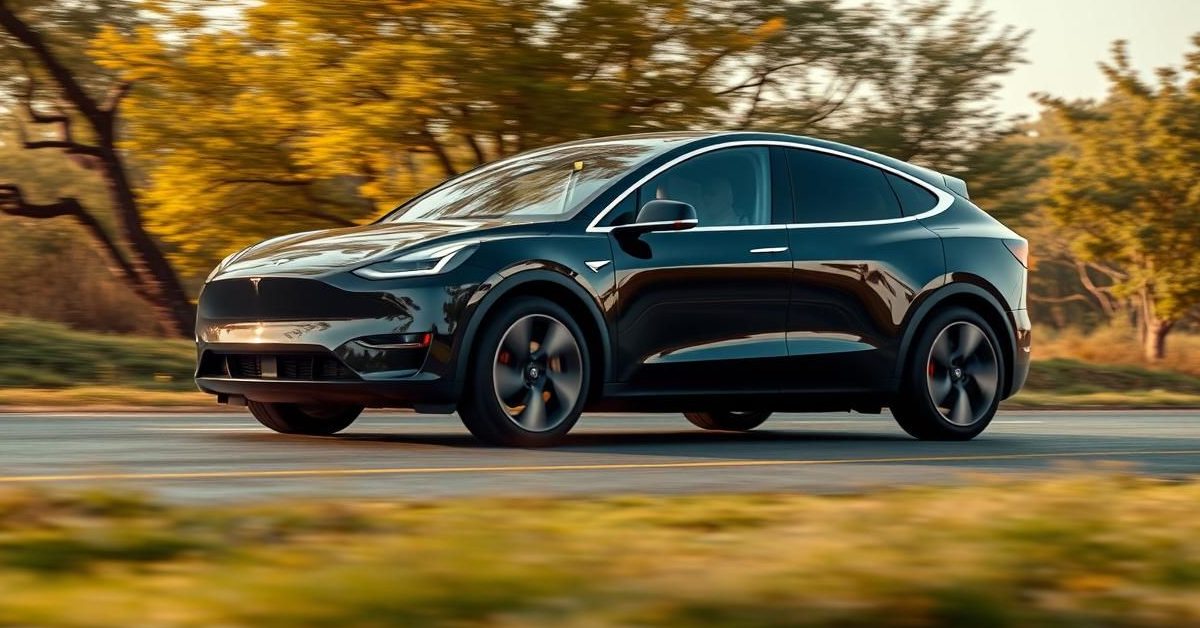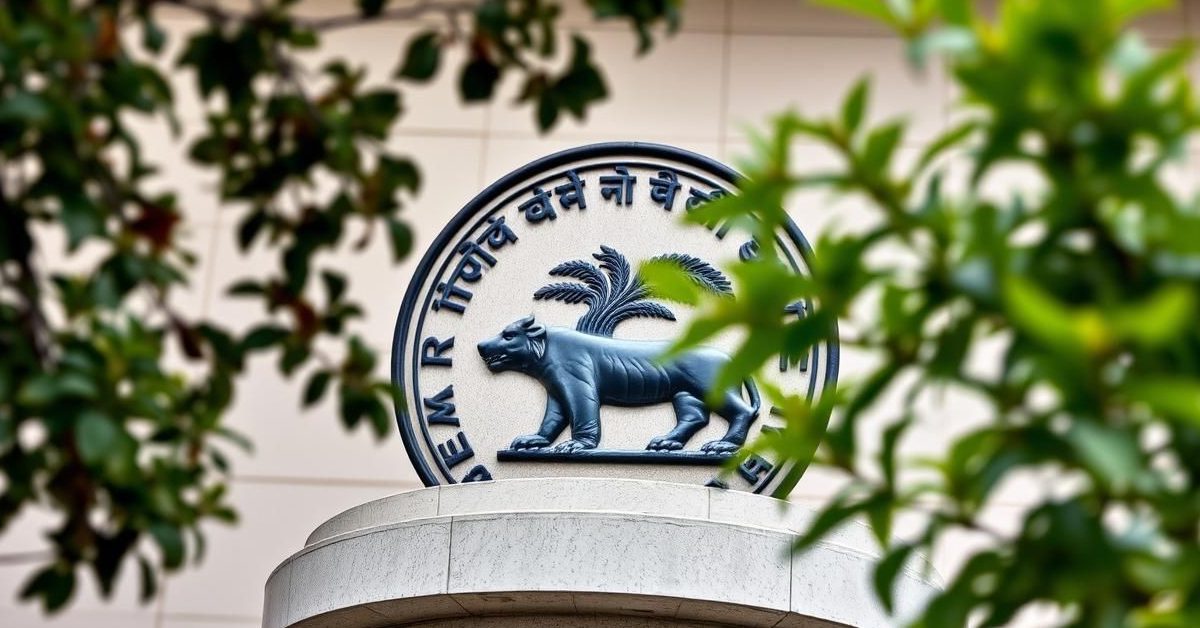Tesla is launching its retail operations in India with imported Model Y cars, but local manufacturing remains off the table for now, raising questions about how well these vehicles will adapt to Indian conditions.
Tesla’s India Strategy: Imports First
After much anticipation and a new policy tailored to facilitate its entry, Tesla is finally opening its first retail showroom in India. This move allows the company to import its Model Y units, primarily from its Shanghai gigafactory in China, without an immediate commitment to local production.
Union Heavy Industries Minister H D Kumaraswamy confirmed last month that Tesla has no current plans to begin manufacturing in India. Despite reports of CEO Elon Musk’s discussions with the Indian government, sources indicate no progress on the manufacturing front.
Driving Challenges on Indian Roads
A key concern for potential buyers is whether the Model Y, designed for other markets, will suit India’s unique driving environment. Features and specifications might need significant adjustments for Indian roads and traffic.
Full Self-Driving (FSD) and Data Concerns
Tesla plans to offer its Full Self-Driving (FSD) software as an expensive add-on in India. However, it’s unclear if FSD, which has faced scrutiny even in the US, can reliably operate amidst India’s often unpredictable traffic conditions.
Another major point of discussion is data storage. In China, Tesla is required to store all fleet data locally and has faced challenges transferring it overseas. The terms for data collection and storage in India remain ambiguous for customers.
Ground Clearance and Climate Suitability
The Model Y’s relatively low ground clearance (167 mm) might struggle with India’s notorious potholes and uneven roads. This is a critical factor for long-term durability and driving comfort.
Furthermore, some standard features, like heated rear seats, seem out of place for India’s warm climate. The car’s full-glass roof, lacking an internal cover, could also pose a challenge under the intense summer sun in cities like Mumbai and Delhi, where Tesla plans to sell its vehicles.
Charging Infrastructure and Sales Model
Tesla intends to install 16 DC superchargers in Mumbai. While home chargers will be provided, this limited public infrastructure might not be sufficient if sales pick up. Tesla is adopting its global direct-to-consumer sales model in India, bypassing the traditional dealership network.
Global Strategy: India as a New Frontier
Tesla’s expansion into India comes as the company faces headwinds in other major markets, particularly China. Sales in China have seen a notable decline, with strong local competition from rivals like BYD and new entrants offering comparable features at lower price points.
Globally, Tesla’s deliveries have also experienced a decline, suggesting a second year of shrinking sales. With an aging model lineup and increased competition, India represents a crucial new market for Tesla to seek fresh demand and expand its global footprint.
- Tesla’s initial India entry focuses on importing Model Y cars, with no immediate plans for local manufacturing.
- Concerns exist about the suitability of features like Full Self-Driving (FSD) and the car’s ground clearance for Indian road conditions.
- The Model Y includes features like heated rear seats and a full-glass roof, which may not be ideal for India’s hot climate.
- Tesla’s entry into India coincides with a slump in its sales in key markets like China, making India a strategic growth opportunity.
As Tesla navigates the Indian market, its success will depend not only on its brand appeal but also on how effectively it addresses the unique requirements and challenges of local consumers and infrastructure.














